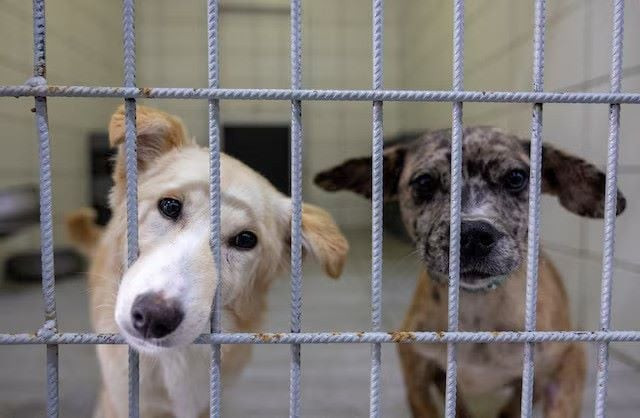Turkiye proposes legislation to get stray dogs off streets
The population of street dogs in Turkey is estimated to be 4 million, and 2.5 million dogs have been neutered so far

Turkey's ruling party presented a bill to parliament on Friday that aims to round up millions of stray dogs, a plan that has alarmed animal lovers who say a mass neutering campaign would be a better solution than locking dogs up in shelters.
Under the draft law proposed by the AK party, municipalities would be charged with getting strays off the street and into shelters until they are adopted. Aggressive dogs or any with untreatable diseases would be put down.
"Streets are not a space for dogs to live. But they have the right to live in more qualified shelters," Abdullah Guler, chair of the AK party's parliamentary group, told reporters.
An earlier version of the bill, which was leaked to Turkish media months ago, said all street dogs could be put down within a month but the provision was removed after public outcry, including from opposition politicians.
The population of street dogs in Turkey is estimated to be 4 million, and 2.5 million dogs have been neutered in the past 20 years by municipalities, according to the draft bill.
Under current legislation, municipalities have to neuter and vaccinate all street dogs and leave them where they were found following treatment.
There are currently 322 animal shelters with a capacity to host a total of 105,000 dogs, according to the bill.
The draft bill also requires all municipalities to spend at least 0.3% of their annual budget on animal rehabilitation services and building shelters.
Municipalities will be given time until 2028 to build new shelters and improve current shelters, the bill says.



















COMMENTS
Comments are moderated and generally will be posted if they are on-topic and not abusive.
For more information, please see our Comments FAQ